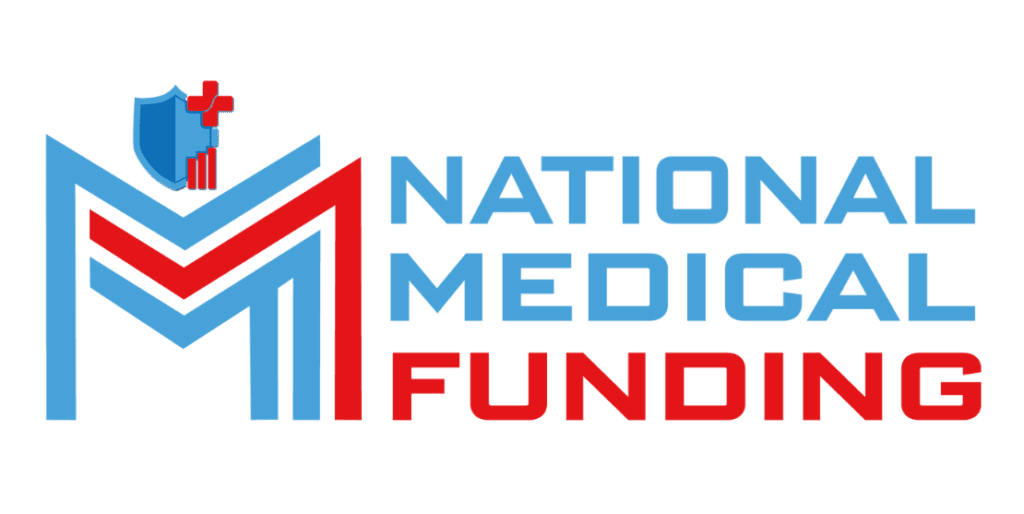
What Is the Limit on Physician Loans? A Clear
When you’re a physician or a medical practice owner, ...

Saturday and Sunday – CLOSED
support@nationalmedicalfunding.com



Starting a medical practice is exciting—but it can also be intimidating, especially when it comes to financing. Many new healthcare professionals ask the same question: “Are startup medical business loans hard to get?” The good news is that, with the right strategy and guidance, you can absolutely secure funding for your practice. In fact, lenders often create specialized healthcare finance solutions designed just for doctors, clinics, and healthcare entrepreneurs.
The challenge isn’t just about getting approved—it’s about knowing what lenders want and how to present your business in the best possible light. In this guide, we’ll break it all down: from why funding matters to how you can strengthen your application, plus which healthcare funding solutions work best for new practices.
Every medical practice requires investment before it can serve patients. Think about it—medical equipment, office space, licensing, staff salaries, and software systems all add up quickly. Without access to loans for medical professionals, many would struggle to launch.
Unlike other industries, medical practices can’t operate with minimal overhead. A restaurant might start small with a rented kitchen, but healthcare requires compliance, certifications, and specialized infrastructure from day one. That’s why startup loans are more than just helpful—they’re essential. To see how different financing options support physicians, check out What Are the Benefits of a Physician Loan?.
Many new healthcare professionals believe lenders will turn them away because they’re just starting out. It’s a common fear, but the reality is more nuanced. Yes, lenders assess risk. However, healthcare businesses are often viewed as more stable compared to other startups because medical services are always in demand.
The key is preparation. When you can show a clear business plan, projected patient flow, and responsible use of funds, approval becomes much more likely. In fact, lenders often create healthcare funding solutions specifically tailored to medical startups because they recognize the industry’s unique resilience.
Understanding what lenders value helps you craft a stronger application. Here are the primary factors they consider:
Doctors and healthcare entrepreneurs have an advantage because lenders view the industry as less risky than many other small businesses. That’s why loans for medical professionals often come with better terms compared to general small business loans.

While opportunities exist, there are challenges that can complicate the process. For instance, incomplete paperwork or vague business plans can delay approvals. Also, lenders may hesitate if projected patient demand seems unclear.
Another common hurdle is reimbursement timing. Since insurance companies can take weeks or even months to pay, lenders sometimes worry about cash flow gaps. However, by showing a plan for managing those cycles, you can ease those concerns. For comparison on loan types, see Physician Loan vs. Conventional Loan.
The best way to make loans easier to secure is preparation. Here’s how you can strengthen your application:
The more clarity you provide, the easier it becomes for lenders to trust your vision. Specialized healthcare finance solutions often move faster because they already understand medical industry needs.
Not all loans are the same, and choosing the right one can make or break your practice’s early success. Here are a few options:
Each option has pros and cons. For many new practices, customized healthcare funding solutions are the best fit since they’re designed to handle the unique realities of healthcare businesses.
While applying for a loan, avoid these common pitfalls:
Avoiding these mistakes not only improves your chances but also helps your practice operate smoothly after securing funds. For more clarity, see Physician Loan vs. Normal Loan.

If you want to speed up approval, consider these strategies:
Another helpful approach is learning how lenders view risk. The more you align with their expectations, the faster approvals happen. For deeper insights, read How Hard Is It to Get a Medical Loan?.
Securing a loan isn’t just about getting started—it’s about building a foundation for growth. With the right healthcare finance solutions, you can invest in advanced technology, hire top talent, or even expand into new locations without waiting years to save capital.
Think of financing as a tool rather than a burden. By aligning your funding strategy with your practice goals, you ensure smoother cash flow and long-term stability. That’s the difference between struggling to survive and thriving as a trusted medical provider in your community.
So, are startup medical business loans hard to get? The short answer is: not if you’re prepared. By understanding lender expectations, avoiding common mistakes, and leveraging healthcare funding solutions, you can secure the financing your practice needs with confidence.
Remember, healthcare professionals already have a strong advantage. Patients need care, demand is consistent, and lenders recognize that stability. All you need is the right plan and the right partner to guide you. With tailored loans for medical professionals, National Medical Funding helps turn your vision into reality—without the stress of navigating the financing process alone.
When you’re a physician or a medical practice owner, ...
When doctors step into the world of financing, the choi...

Fuel your medical practice’s growth with financial solutions tailored to your needs. We’re here to support independent practitioners and group practices with strategies built for success.


Mon Fri: 8:00am – 6:00pm
Saturday: Closed
Sunday: Closed
Copyright © 2025 National Medical Funding